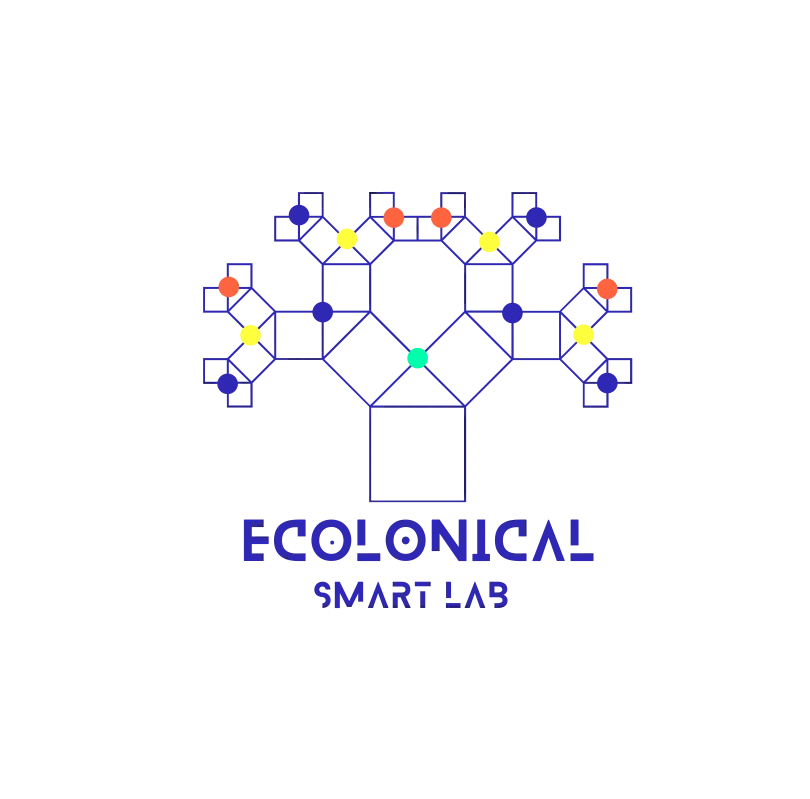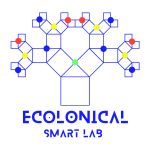
Recommended Books
At Ecolonical Lab, we advocate for “world-making in a pluriverse,” recognizing diverse worldviews, knowledge systems, and realities. This guides us in creating inclusive and transformative solutions that respect knowledge diversity. The following list of recommended books reflects our values and mission, covering a wide range of topics essential for understanding and addressing complex ecological and social challenges.biodiversity Books
Explore the incredible diversity of life on Earth with our selection of books on biodiversity. From the intricacies of ecosystems to the importance of conservation efforts, these works provide a comprehensive understanding of the natural world and our role in preserving it:- The Diversity of Life by Edward O. Wilson – This classic book by the renowned biologist explores the incredible variety of life on Earth, the processes that have led to its evolution, and the threats it faces from human activities.
- The Sixth Extinction: An Unnatural History by Elizabeth Kolbert – Kolbert investigates the ongoing mass extinction event caused by human activities, weaving together scientific research, history, and personal narratives to highlight the urgency of the biodiversity crisis.
Citizen Science and Crowdsourcing
Discover the power of collective action and public participation in scientific research. Our recommended books on citizen science and crowdsourcing demonstrate how engaging the public can lead to groundbreaking discoveries and solutions to complex problems:- Citizen Science: How Ordinary People are Changing the Face of Discovery by Caren Cooper – Cooper explores the history and impact of citizen science, showcasing how the public’s involvement in research has led to significant scientific breakthroughs and social change.
- The Wisdom of Crowds by James Surowiecki – This book examines the power of collective intelligence, arguing that large groups of people can often make better decisions than individual experts.
- Crowdsourcing: Why the Power of the Crowd Is Driving the Future of Business by Jeff Howe – Howe delves into the world of crowdsourcing, exploring how businesses and organizations can harness the collective power of the public to solve problems and drive innovation.
Complexity Books
Navigate the intricate web of interconnected systems and phenomena with our selection of books on complexity theory. From the works of Edgar Morin to cutting-edge research, these titles provide invaluable insights into the complex nature of our world:- Complexity: A Guided Tour by Melanie Mitchell – Mitchell provides an accessible introduction to the field of complexity science, covering topics such as chaos theory, network science, and emergence.
- Complexity: The Emerging Science at the Edge of Order and Chaos by M. Mitchell Waldrop – Waldrop chronicles the development of complexity science, from its origins in the Santa Fe Institute to its applications across various disciplines.
- Sync: How Order Emerges from Chaos in the Universe, Nature, and Daily Life by Steven Strogatz – Strogatz explores the fascinating world of synchronization, demonstrating how seemingly disparate systems can spontaneously organize themselves into coordinated patterns.
- The Hidden Life of Trees: What They Feel, How They Communicate—Discoveries from A Secret World by Peter Wohlleben – This book reveals the complex social networks and communication systems of trees, offering a fresh perspective on the intricate web of life in forests.
Data Science Books
Dive into the world of data science and learn how to extract valuable insights from vast amounts of information. Our recommended books cover a range of topics, from statistical analysis and machine learning to data visualization and big data management:- Python for Data Analysis by Wes McKinney – McKinney, the creator of the pandas library, provides a comprehensive guide to using Python for data manipulation, analysis, and visualization.
- R for Data Science by Hadley Wickham and Garrett Grolemund – This book offers a hands-on introduction to data science using the R programming language, covering essential tools and techniques for data wrangling, exploration, and modeling.
- Data Science from Scratch by Joel Grus – Grus presents a ground-up approach to data science, teaching readers the fundamentals of programming, statistics, and machine learning using Python.
Ecological Transition and “World-Making in a Pluriverse”
Explore the concept of “world-making in a pluriverse,” as advocated by scholars like Arturo Escobar. These books challenge conventional notions of development and propose alternative visions for a more sustainable and equitable future:- Designs for the Pluriverse: Radical Interdependence, Autonomy, and the Making of Worlds by Arturo Escobar – Escobar presents a critique of Western development models and offers a framework for imagining and creating diverse, localized alternatives that prioritize social and ecological well-being.
- Pluriverse: A Post-Development Dictionary by Ashish Kothari, Ariel Salleh, Arturo Escobar, Federico Demaria, and Alberto Acosta – This collection of essays challenges the dominant paradigm of development and explores alternative concepts and practices that embrace cultural diversity and ecological sustainability.
- The Great Transition: Shifting from Fossil Fuels to Solar and Wind Energy by Lester R. Brown – Brown outlines a roadmap for transitioning from fossil fuels to renewable energy sources, emphasizing the economic, social, and environmental benefits of a clean energy future.
Energy Books
Gain a deeper understanding of energy systems, from traditional fossil fuels to renewable sources and emerging technologies. Our recommended books cover the scientific, economic, and political aspects of energy production and consumption:- Energy: A Human History by Richard Rhodes – Rhodes traces the history of energy use and innovation, from the discovery of fire to the rise of renewable technologies, highlighting the social and cultural impacts of energy transitions.
- The Grid: The Fraying Wires Between Americans and Our Energy Future by Gretchen Bakke – Bakke examines the history and current state of the U.S. electrical grid, exposing its vulnerabilities and proposing strategies for modernizing and decentralizing the system.
- The Third Industrial Revolution: How Lateral Power Is Transforming Energy, the Economy, and the World by Jeremy Rifkin – Rifkin argues that the convergence of renewable energy, digital communication, and the sharing economy is paving the way for a more sustainable and equitable future.
Machine Learning Books
Explore the exciting field of machine learning and discover how algorithms can learn from data to make predictions and decisions. Our selection of books covers foundational concepts, practical applications, and cutting-edge research in this rapidly evolving area:- Pattern Recognition and Machine Learning by Christopher M. Bishop – Bishop provides a comprehensive introduction to the principles and techniques of machine learning, covering topics such as probability theory, decision theory, and information theory.
- The Elements of Statistical Learning: Data Mining, Inference, and Prediction by Trevor Hastie, Robert Tibshirani, and Jerome Friedman – This book offers a detailed treatment of statistical learning methods, including linear models, classification, resampling, regularization, and model assessment.
- Deep Learning by Ian Goodfellow, Yoshua Bengio, and Aaron Courville – This comprehensive text covers the theory and practice of DL, from the fundamentals of neural networks to advanced architectures and applications.
NLP Books
Discover the fascinating world of natural language processing (NLP) and learn how computers can understand, analyze, and generate human language. Our recommended books cover the fundamentals of NLP, as well as advanced techniques and applications:- Speech and Language Processing by Daniel Jurafsky and James H. Martin – This classic textbook provides a thorough introduction to the field of NLP, covering topics such as language modeling, part-of-speech tagging, parsing, and semantic analysis.
- Natural Language Processing with Python by Steven Bird, Ewan Klein, and Edward Loper – This hands-on guide teaches readers how to use Python and the Natural Language Toolkit (NLTK) to perform a wide range of NLP tasks, from tokenization and stemming to sentiment analysis and text classification.
- Text Mining with R: A Tidy Approach by Julia Silge and David Robinson – Silge and Robinson demonstrate how to use the tidytext package in R to perform text mining tasks such as sentiment analysis, topic modeling, and document clustering, following the principles of tidy data analysis.
Qualitative and quantitative research Methodology
Strengthen your research skills with our selection of books on qualitative and quantitative research methodology. These titles provide guidance on research design, data collection, analysis, and interpretation across various disciplines:- The Sage Handbook of Qualitative Research by Norman K. Denzin and Yvonna S. Lincoln – This comprehensive handbook covers the history, theory, and practice of qualitative research, with contributions from leading scholars in the field.
- Research Design: Qualitative, Quantitative, and Mixed Methods Approaches by John W. Creswell and J. David Creswell – The Creswells offer a comprehensive guide to designing and conducting research using qualitative, quantitative, and mixed methods approaches, with examples from various disciplines.
Water Books
Dive into the complex world of water resource management, hydrology, and aquatic ecosystems. Our recommended books cover the scientific, social, and political aspects of water, highlighting the importance of this vital resource for life on Earth:- The Big Thirst: The Secret Life and Turbulent Future of Water by Charles Fishman – Fishman explores the history, science, and politics of water, from ancient civilizations to modern cities, and examines the challenges and opportunities for managing this precious resource in the face of climate change and population growth.
- Cadillac Desert: The American West and Its Disappearing Water by Marc Reisner – This classic book chronicles the history of water management in the American West, from the construction of massive dams and aqueducts to the environmental and social consequences of unsustainable water use.
- The Water Will Come: Rising Seas, Sinking Cities, and the Remaking of the Civilized World by Jeff Goodell – Goodell investigates the impacts of sea-level rise on coastal communities around the world, from Miami to Venice to the Marshall Islands, and explores the strategies and challenges for adapting to a changing climate.
Affiliate Disclaimer
Some of the links on this recommended books page are affiliate links, which means that if you choose to make a purchase, we may earn a commission at no additional cost to you. As an Amazon Associate, we earn from qualifying purchases. Our participation in the Amazon Associates program is designed to provide a means for us to earn fees by linking to Amazon.com and affiliated sites.
Please note that we only recommend products that we believe will add value to our readers. The commission we receive helps us to maintain and operate this site and continue providing valuable content to our audience.





Leave a Reply